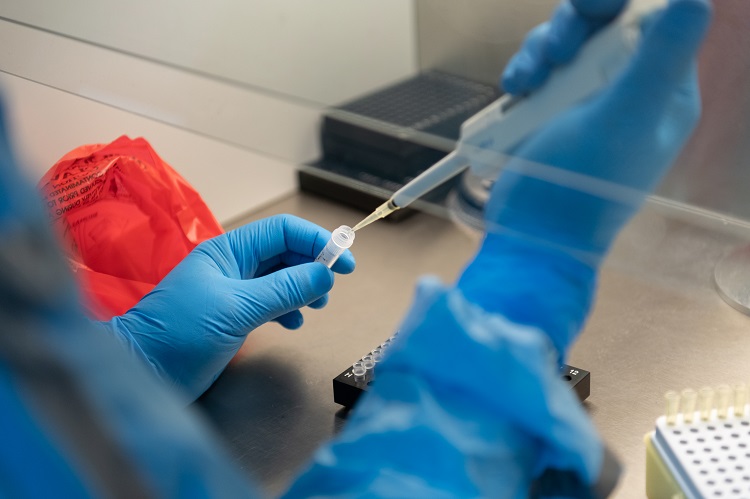WHO’s Solidarity PLUS trial enters new phase to test 3 new candidate drugs for COVID-19

Cairo, 25 August 2021 – Seven countries in WHO’s Eastern Mediterranean Region have enrolled to participate in the Solidarity PLUS clinical trial led by WHO. Solidarity PLUS will evaluate 3 potential drugs for the treatment of COVID-19 infections – artesunate, imatinib and infliximab – aiming to protect people from severe hospitalization and death because of COVID-19.
These drugs were selected by an independent panel of experts who assess all available evidence on all relevant therapeutics. The drugs have proven effectiveness in treating other life-threatening diseases. Artesunate is used for severe malaria, imatinib for specific cancers, and infliximab for diseases of the immune system, such as Crohn’s disease and rheumatoid arthritis.
Researchers and scientists from Egypt, Islamic Republic of Iran, Kuwait, Lebanon, Oman, Pakistan and Saudi Arabia are joining thousands of researchers in 52 countries worldwide in the study, making up the largest global collaboration on COVID-19 research and development.
“COVID-19 has been the most disruptive public health challenge in the past century. In less than 2 years, the pandemic has claimed over 4.4 million lives across the world, overwhelmed health systems, and disrupted economies and societies. It is critical that we find effective treatments to prevent severe hospitalization and death caused by COVID-19. We appreciate the efforts of countries in the Region in collaborating on vital global studies for the treatment of COVID-19, in the spirit of solidarity,” said Dr Ahmed Al-Mandhari, WHO Regional Director for the Eastern Mediterranean. “And as we continue in our efforts to combat this pandemic, we must also continue to adhere to the current proven protection measures: getting vaccinated, maintaining physical distancing, washing hands, avoiding crowded and closed spaces, and wearing a mask.”
About the Solidarity PLUS trial
The Solidarity PLUS trial is a platform trial that represents the largest global collaboration among WHO’s Member States. It involves thousands of researchers in over 600 hospitals in 52 countries: 16 more countries than in the first phase of trials. This allows the trial to assess multiple treatments at the same time using a single protocol, recruiting thousands of patients to generate robust estimates on the effect a drug may have on mortality -- even moderate effects.
The Solidarity PLUS trial also allows new treatments to be added and ineffective treatments to be dropped throughout its course. Previously, 4 drugs were evaluated by the trial. The results showed that remdesivir, hydroxychloroquine, lopinavir and interferon had little or no effect on hospitalized patients with COVID-19.
Related links
WHO’s Solidarity clinical trial enters a new phase with three new candidate drugs


